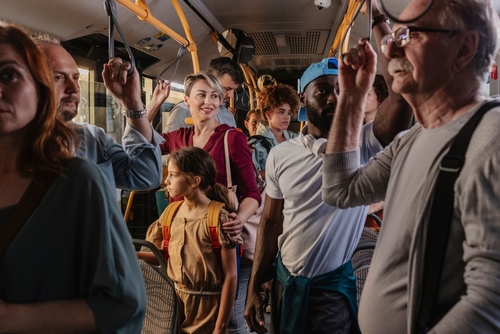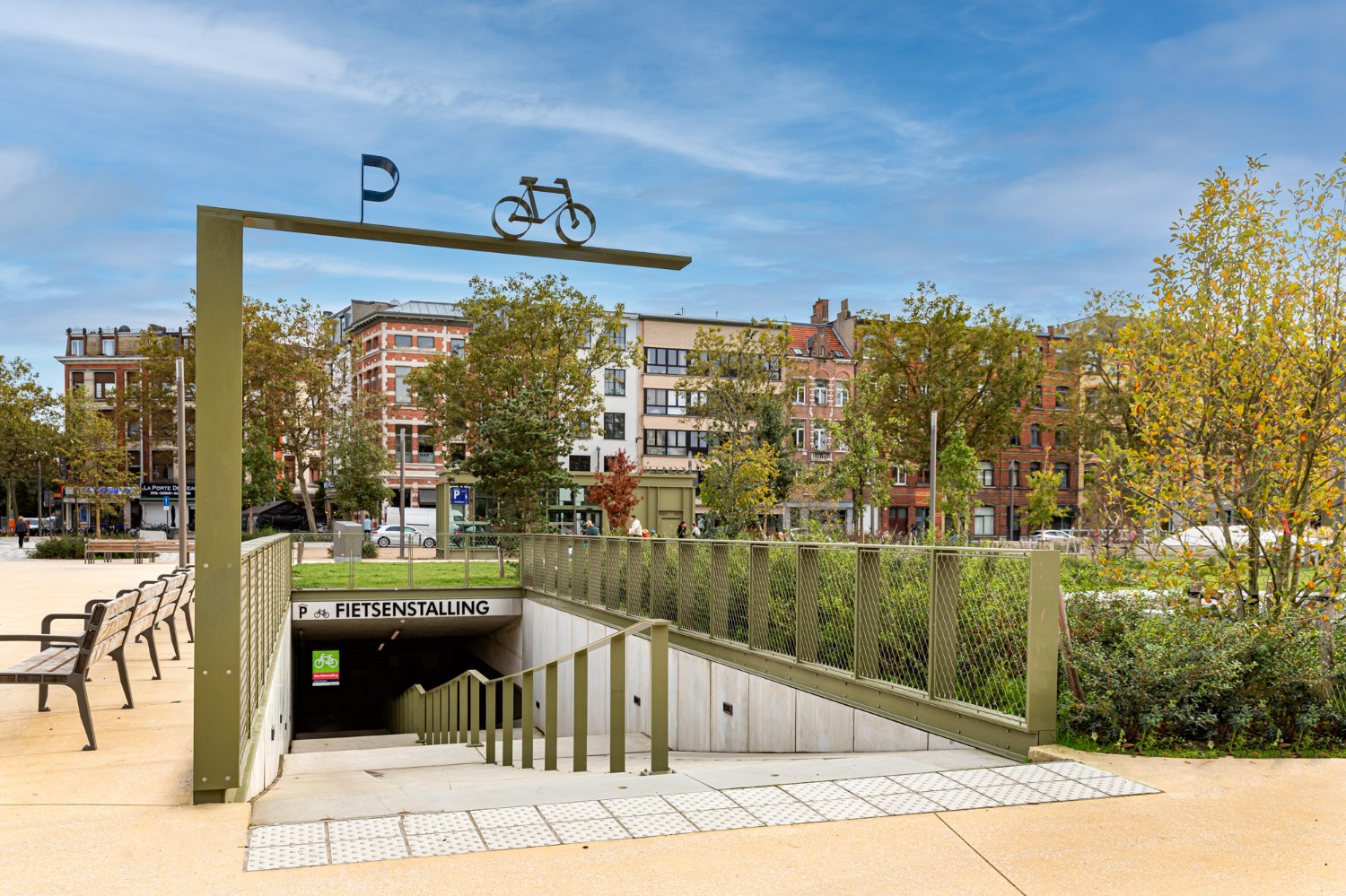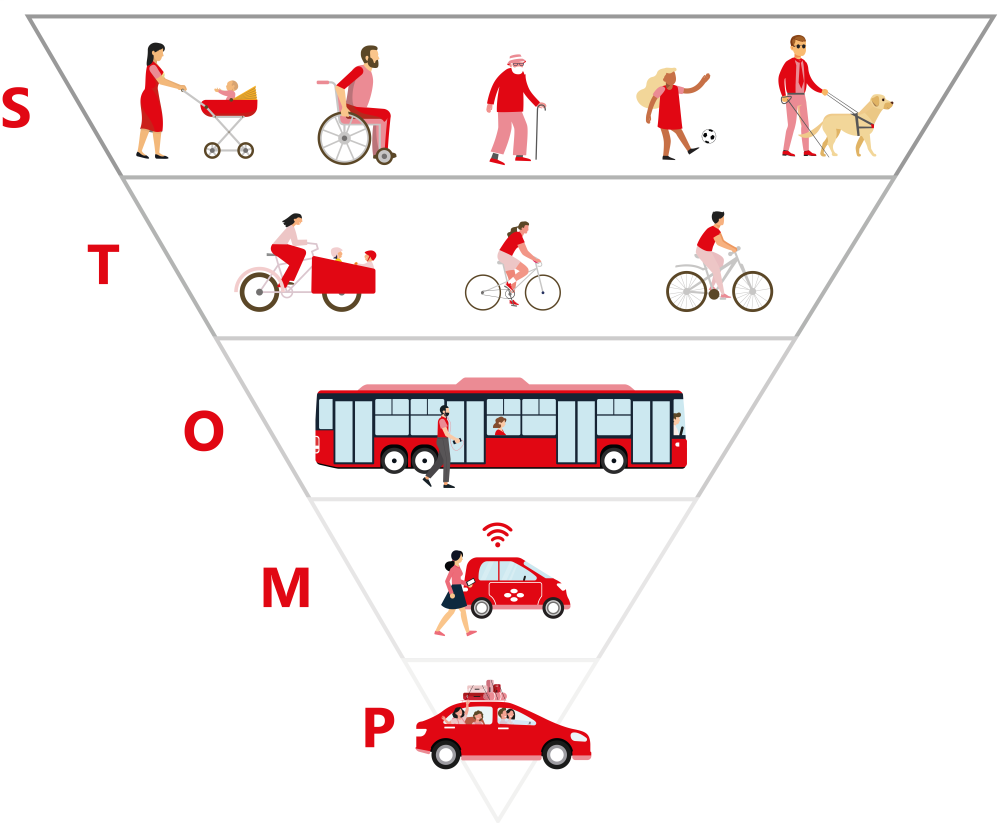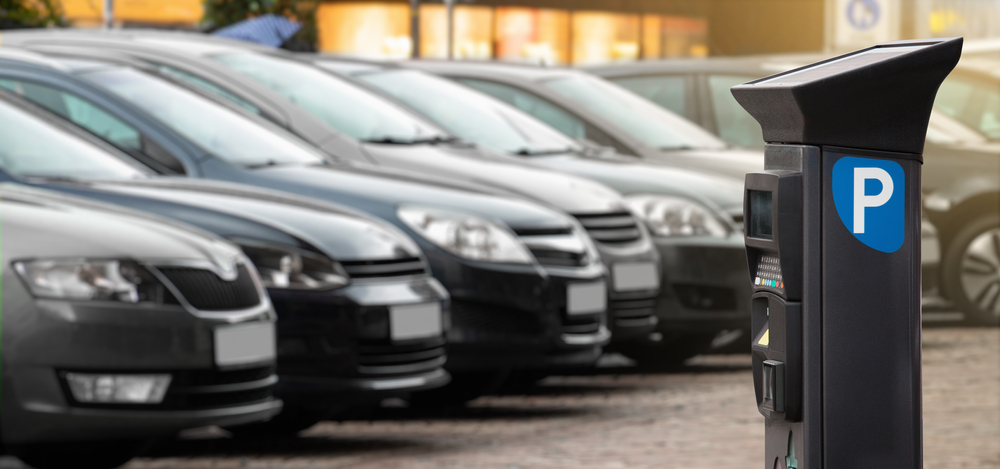Expertise

Municipal mobility plans challenged by expanding car fleet
Cars are the primary means of personal mobility, enabling people to participate in society, especially those living in remoter areas, the elderly and people who cannot use public transport. But cities struggle to manage the ever-increasing numbers of cars on their streets. We help cities implement their sustainable urban mobility plans (SUMPs).
Read more

Call for a mobility revolution
The current public transport, target-group transport and shared mobility systems are not sustainable due to rising costs, declining passenger numbers, staff shortages, and impoverished timetables. This puts pressure on the accessibility of urban amenities. To reverse this trend, passenger transport systems need to be better integrated.
Read more

Parking spaces are disappearing
It is well known that large cities have not been car-friendly for a long time. Cities such as Amsterdam and Utrecht are reducing the number of parking spaces, yet not adding playgrounds nor planting trees. Instead, cars have been replaced by a flood of bicycles.
Read more

Urban shift to Ville Pédestre (Paris)
Paris is preparing for a new urban shift: 500 streets will gradually be closed to car traffic to make room for pedestrians, cyclists, and green spaces. The plan involves an estimated 10,000 parking spaces to be removed.
Read more

Parking operators - partner behind liveable cities
Parking operators - Q-Park being one of the bigger players - are generally perceived as commercially driven companies that thrive on lots of traffic in cities. This is such a persistent misunderstanding, rooted in the incorrect and unhelpful assumption that cars and sustainable mobility can’t coexist, that it is high time to clear it up.
Read more

The car: luxury or lifeline?
The space taken up by cars is a growing problem. Car-free and car-less neighbourhoods are on the rise. This does have negative consequences, such as segregation and the creation of uniform enclaves. For makers, doers and healthcare workers with irregular shifts, the car is often not a choice, but a necessity. For these people, the car is not just a luxury, but a lifeline.
Read more

Shared mobility in urban development planning
In recent years, shared mobility in urban development planning has become an important and promising trend. Research into the frameworks and standards that municipalities can deploy to capture the potential of shared mobility is ongoing. This is a liberal extract and translation of the Dutch publication 'Deelmobiliteit in gebiedsontwikkeling'.
Read more

Mobility and spending survey 2024
The relationship between mobility and spending generates much discussion in practice between entrepreneurs, property owners and municipalities. The task is to optimise the liveability and attractiveness of city centre areas for residents and visitors in good cooperation.
Our advice is to carefully consider and understand all the 'separate' puzzle pieces provided by this research and use nuance as the starting point in any discussion.
Read more

Municipalities throughout Europe struggle with paid parking
In the past five years, paid parking zones have expanded considerably, and it's happening all over Europe. To cope with congestion, regulated parking usually starts in the city centre, and then gradually expands – like an oil slick.
Read more

Urban Nodes & SUMPs
By 2027, each urban node is expected to have a Sustainable Urban Mobility Plan (SUMP) in place, serving as a long-term, integrated plan encompassing all aspects of mobility within the functional urban area.
These plans will prioritise sustainability, safety, and accessibility, with the goal of fostering efficient and environmentally friendly transportation systems.
Read more
